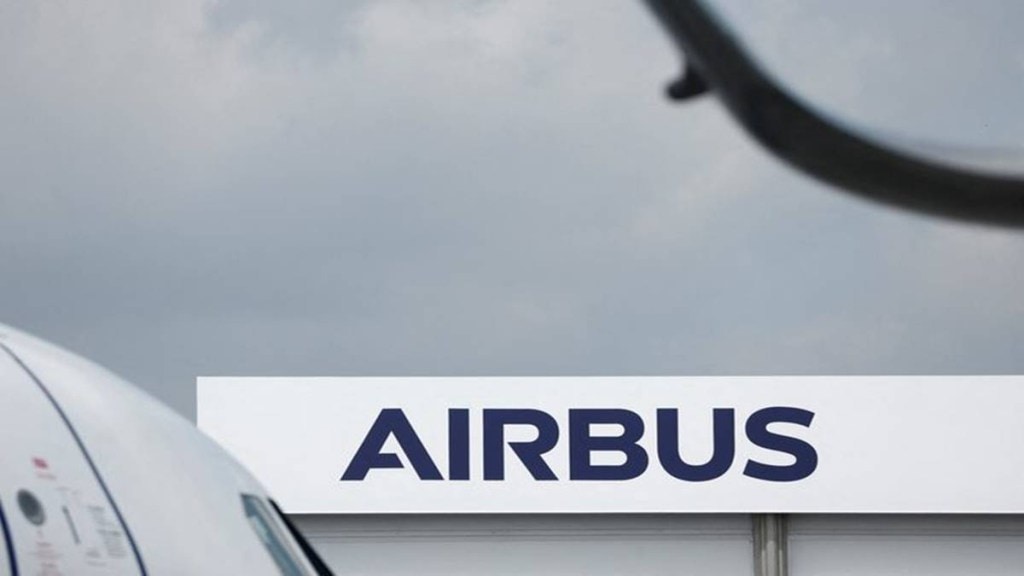After the Boeing crisis, now Airbus plans to reduce up to 2,500 jobs within its Defence & Space division, marking a significant move in the European aerospace giant’s effort to streamline operations amidst financial struggles. According to two individuals familiar with the matter, the job cuts, which amount to 7 per cent of the unit’s workforce, are expected to be implemented by mid-2026. Airbus has not officially commented on these reports, but the information comes amid ongoing challenges faced by its defence and space sectors.
The company has been grappling with heavy losses in its space systems division, particularly in projects like OneSat, which have been plagued by delays and rising costs. In response, Airbus initiated a broader efficiency review, code-named ATOM, to address these operational challenges and explore potential cost-saving measures. The job cuts were first reported by French news agency AFP, underscoring Airbus’ ongoing difficulties in these areas.
This reduction in workforce comes at a time when Airbus’ main competitor, Boeing, is also experiencing significant workforce challenges. Boeing has announced plans to cut 17,000 jobs as part of a broader restructuring initiative, driven by financial losses and an ongoing strike by 33,000 employees, who are members of the International Association of Machinists and Aerospace Workers (IAM). Boeing’s striking workers are demanding a 40 per cent wage increase over the next four years, creating a significant standoff. Acting US Labor Secretary Julie Su has been working to mediate the dispute, but Boeing is preparing for major layoffs starting in November, with thousands of employees in the commercial aviation division expected to receive 60-day notices.
The layoffs at both Airbus and Boeing highlight the financial pressures facing the global aerospace industry. Airbus’ Defence & Space division has been hit particularly hard by rising costs and project delays, while Boeing is struggling with labour disputes and the financial fallout of the COVID-19 pandemic.
Delayed aircraft deliveries impact European airlines
In the commercial aviation sector, airlines are also grappling with delayed aircraft deliveries from both Airbus and Boeing. Ryanair CEO Michael O’Leary recently stated that the airline would be fortunate to receive 10 or 15 planes from Boeing after March 2024, rather than the expected 30. Other airlines, including Air France-KLM and Lufthansa, have also reported delays in aircraft deliveries due to engine issues and production setbacks.
These challenges illustrate the turbulence the aerospace industry is facing, as both manufacturers and airlines navigate through financial uncertainty, labor disputes, and supply chain disruptions.
(With agency inputs)

